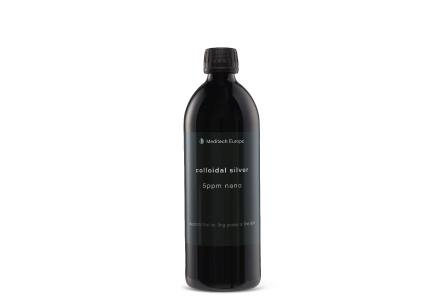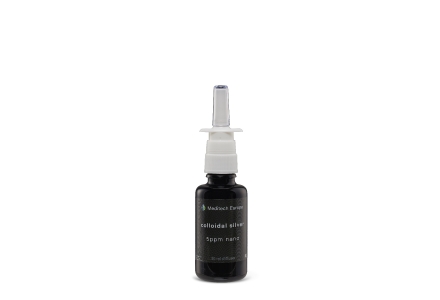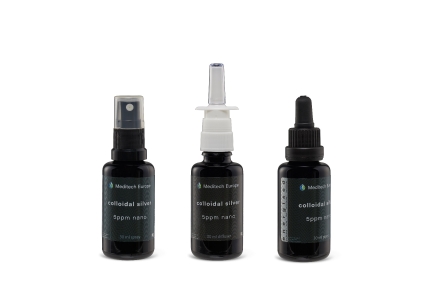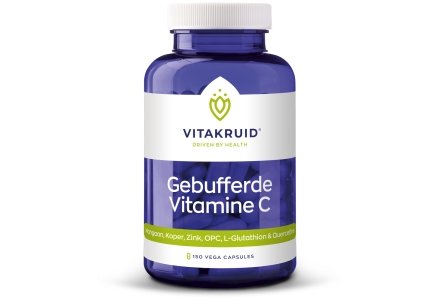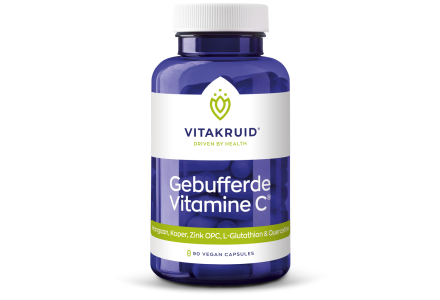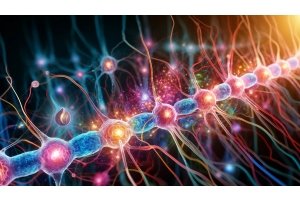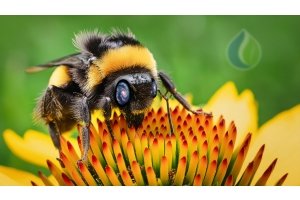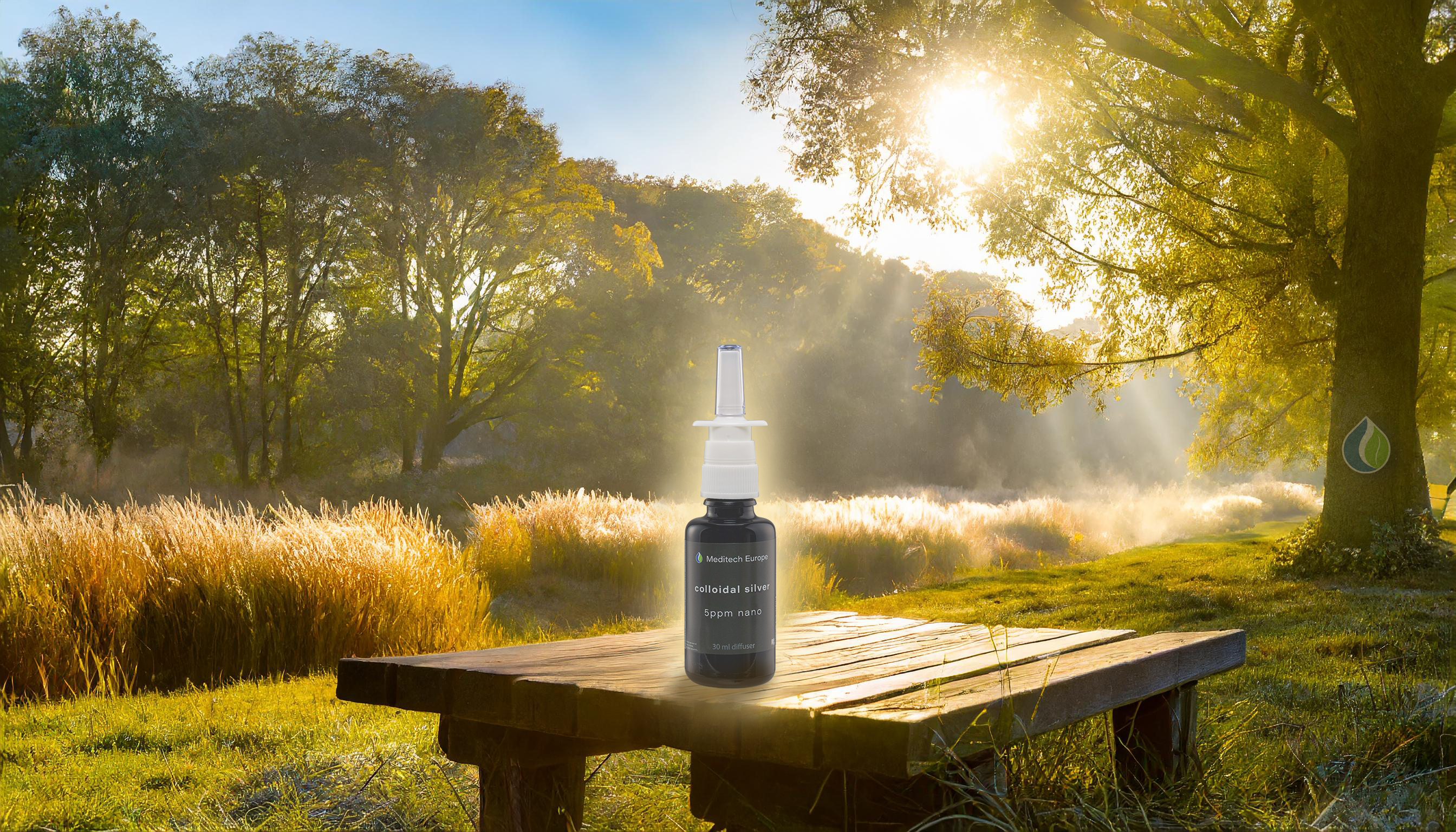
Hay fever, also known as allergic rhinitis, is a common condition that affects millions of people worldwide. In this comprehensive guide, you will discover everything you need to know about hay fever, including the causes, symptoms, diagnosis, treatments, preventive measures, and even new emerging treatments.
What is Hay Fever?
Hay fever is an allergic reaction to allergens such as pollen from grasses, trees, and plants. When these allergens come into contact with the mucous membranes of the nose and eyes, the immune system reacts by releasing histamine and other chemical substances, resulting in typical hay fever symptoms.
Causes of Hay Fever
The onset of hay fever is caused by a complex interaction between genetic predisposition and environmental factors. When allergens enter the body, the immune system identifies them as harmful, leading to an allergic reaction. This reaction causes inflammation and irritation of the mucous membranes, resulting in symptoms such as sneezing, itchy eyes, and a blocked nose.
Symptoms of Hay Fever
Symptoms of hay fever can range from mild to severe and include:
Sneezing
Itchy eyes, nose, and throat
Runny nose
Blocked nose
Coughing
Fatigue
These symptoms are caused by the immune system's response to the presence of allergens in the air.
Diagnosis of Hay Fever
Hay fever can be diagnosed by a doctor based on medical history, symptoms, and possibly allergy tests such as skin prick tests or blood tests.
Treatment and Management
The treatment of hay fever can vary depending on the severity of the symptoms. Standard treatments include antihistamines, nasal sprays, and allergy medication. Natural treatments can also be effective and include avoiding allergens, using humidifiers, and taking herbal supplements such as vitamin C and quercetin.
Prevention of Hay Fever
Preventive measures for hay fever include avoiding allergens, checking pollen forecasts, and using air purifiers. Another preventive method is keeping the mucous membranes moist with a pure nasal spray. A good example of this is colloidal nano silver spray. The pure distilled water in the spray keeps the nasal cavity lightly moist, cleansing the mucous membranes and cavities and reducing irritation from pollen and pollen. In addition, the tiny silver particles have their natural soothing effect.
Lifestyle and Hay Fever
Adjusting your lifestyle can also help reduce hay fever symptoms. This includes avoiding allergens, wearing sunglasses to keep pollen out of the eyes, and regularly cleaning clothing and bedding.
FAQ
Can hay fever cause serious complications?
Although hay fever is usually not serious, it can cause discomfort and inconvenience in daily life. In some cases, severe symptoms can lead to complications such as sinusitis or sleep disorders.
Are there natural remedies for hay fever?
Yes, there are several natural remedies that can help reduce hay fever symptoms, including the use of colloidal nano silver spray,herbal supplements, avoiding allergens, and using humidifiers.
Conclusion
Hay fever is a common allergic condition that causes symptoms such as sneezing, itchy eyes, and a blocked nose. By understanding the causes, symptoms, and treatments of hay fever, you can implement effective strategies to reduce symptoms and achieve a better quality of life.
At Meditech Europe, we are ready to help you with advice and solutions for hay fever. Feel free to contact us at info@meditecheurope.nl or call +31527 292 331.
